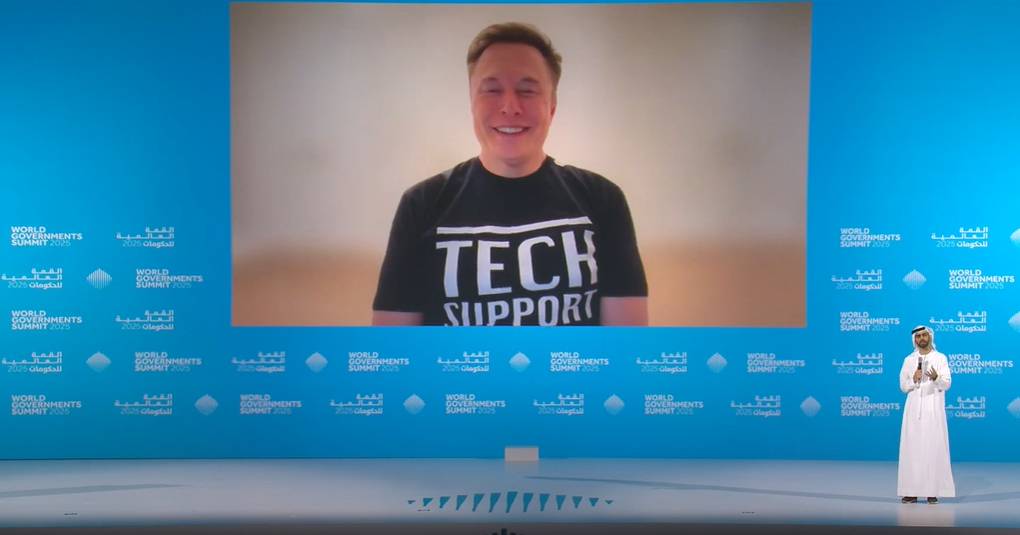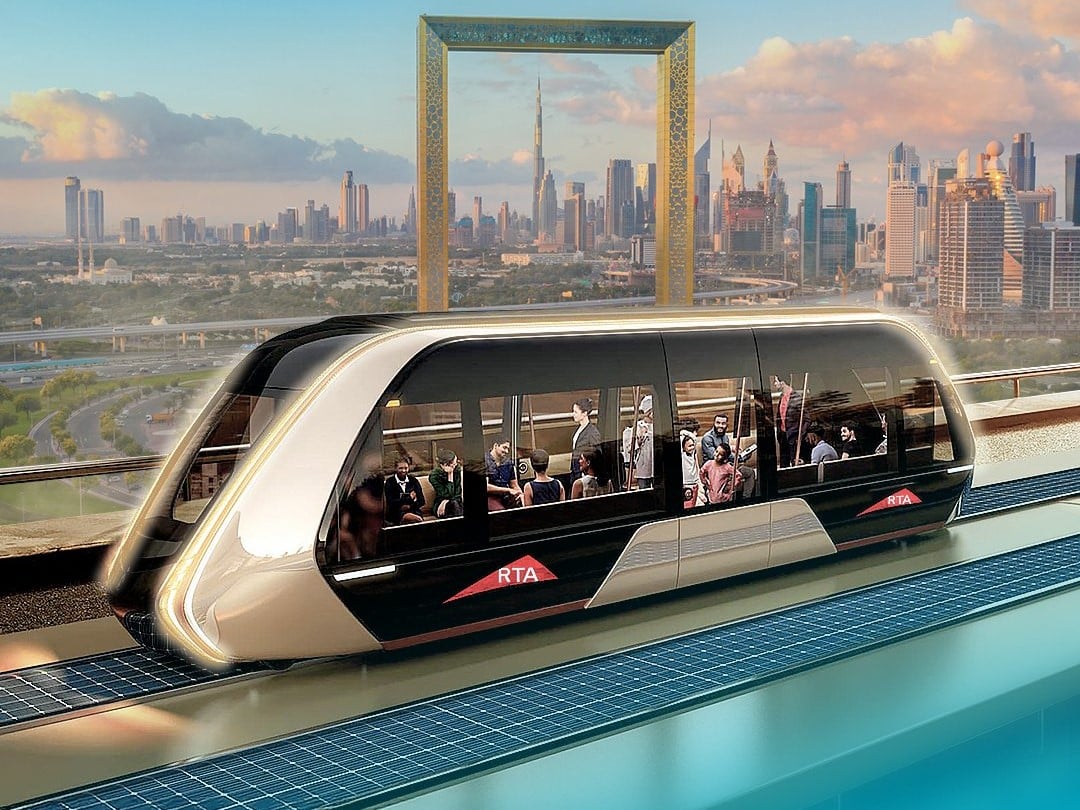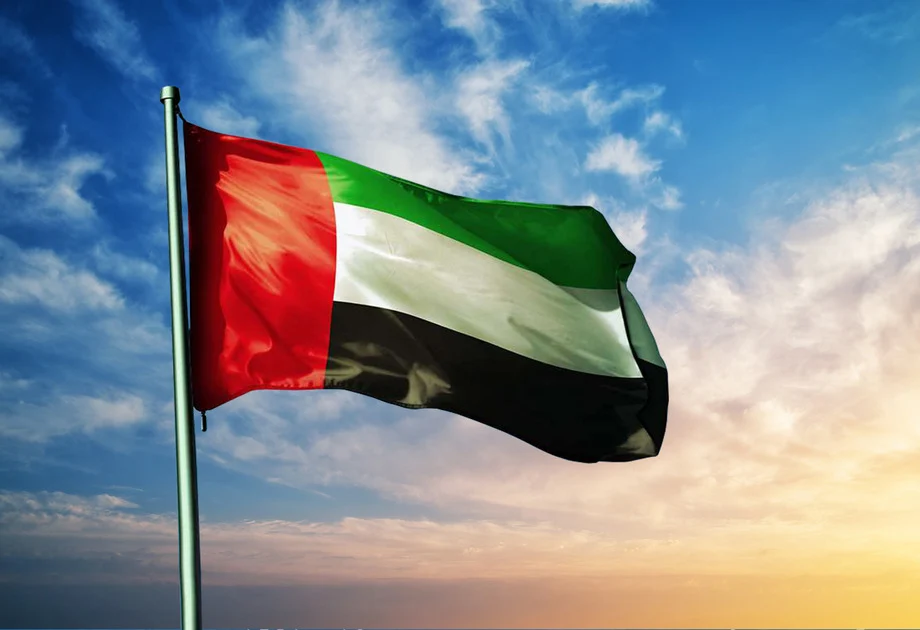UAE astronaut Sultan Al Neyadi to return to the UAE on September 18 after completing a historic six-month mission on the International Space Station (ISS).
The much-admired astronaut touched down on Earth from the International Space Station on September 4 and is now, at last, making his way home after successfully completing a recovery program in Houston, Texas, to help him readapt to gravity as part of his post-mission activities in the US.
The homecoming date for Dr. Al Neyadi was officially disclosed by the Mohammed bin Rashid Space Centre on Thursday.
After astronaut Sultan AlNeyadi carried Zayed's Ambition to space, it is now time for his homecoming.
— MBR Space Centre (@MBRSpaceCentre) September 14, 2023
Stay tuned for his return to the UAE on 18 September, following the completion of the longest Arab space mission in history.#SultanHomecoming pic.twitter.com/whuNUUjLIV
Dr. Al Neyadi achieved several groundbreaking milestones during his time on the ISS, notably becoming the first Arab astronaut to conduct a spacewalk.
Upon his return to the UAE, he will be greeted with a hero’s welcome, and special celebrations will be held in his honor.

The Dragon Spacecraft, transporting Al Neyadi and his fellow crew members – three additional astronauts from Space-X Crew-6, one of NASA’s recent crew rotation missions – made a controlled landing in the waters off the coast of Jacksonville, Florida.
After returning from his half-year mission aboard the ISS, Al Neyadi delivered his first public address on Tuesday, sharing his experiences and the challenges of readjusting to life on Earth.
Accompanied by his fellow crew members, NASA astronauts Stephen Bowen and Woody Hoburg, Al Neyadi addressed viewers from Houston, Texas, in an online briefing hosted by NASA. During the briefing, the Emirati astronaut discussed the transition from a microgravity environment to Earth’s gravity, emphasizing the initial difficulties he encountered, even with simple tasks like holding a bottle of water.
Despite the initial discomfort, Al Neyadi noted that his body adapted rapidly, attributing his smooth recovery to the support of recovery teams, flight surgeons, and rehabilitation facilities for their efforts in helping astronauts return to their normal state as swiftly as possible.
You might also like: The Aquaventure After Dark party makes its comeback in October





